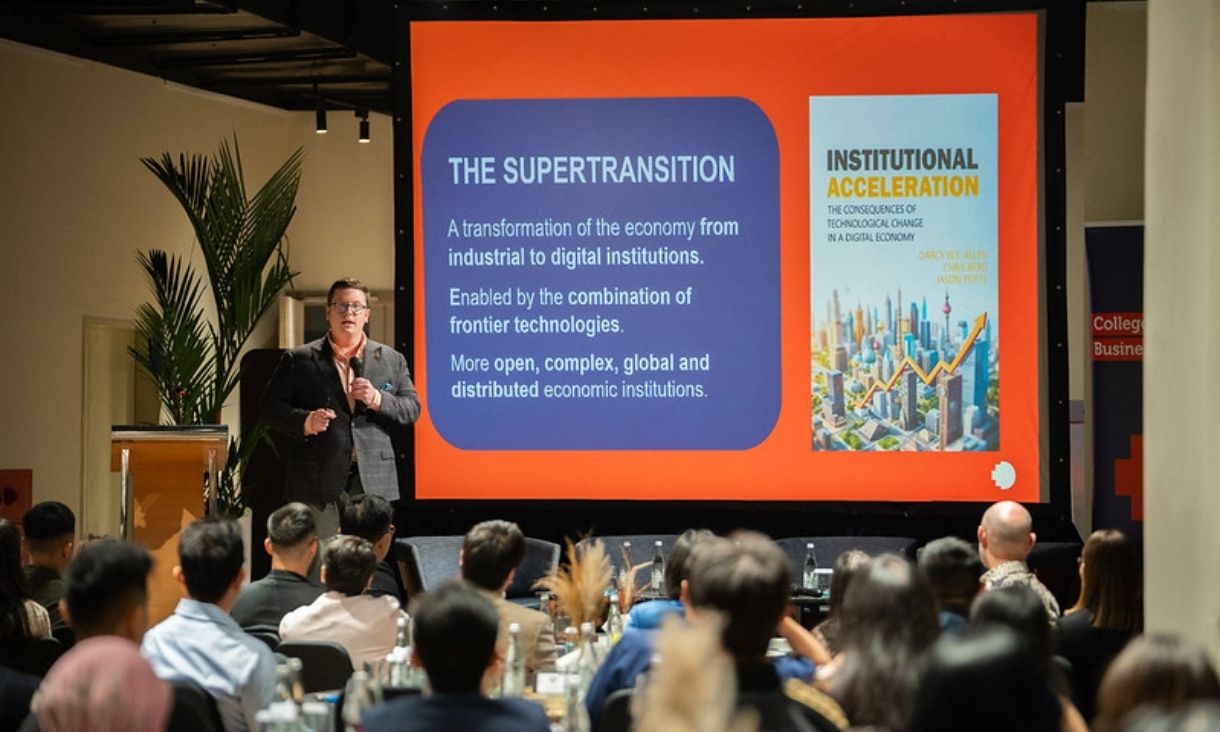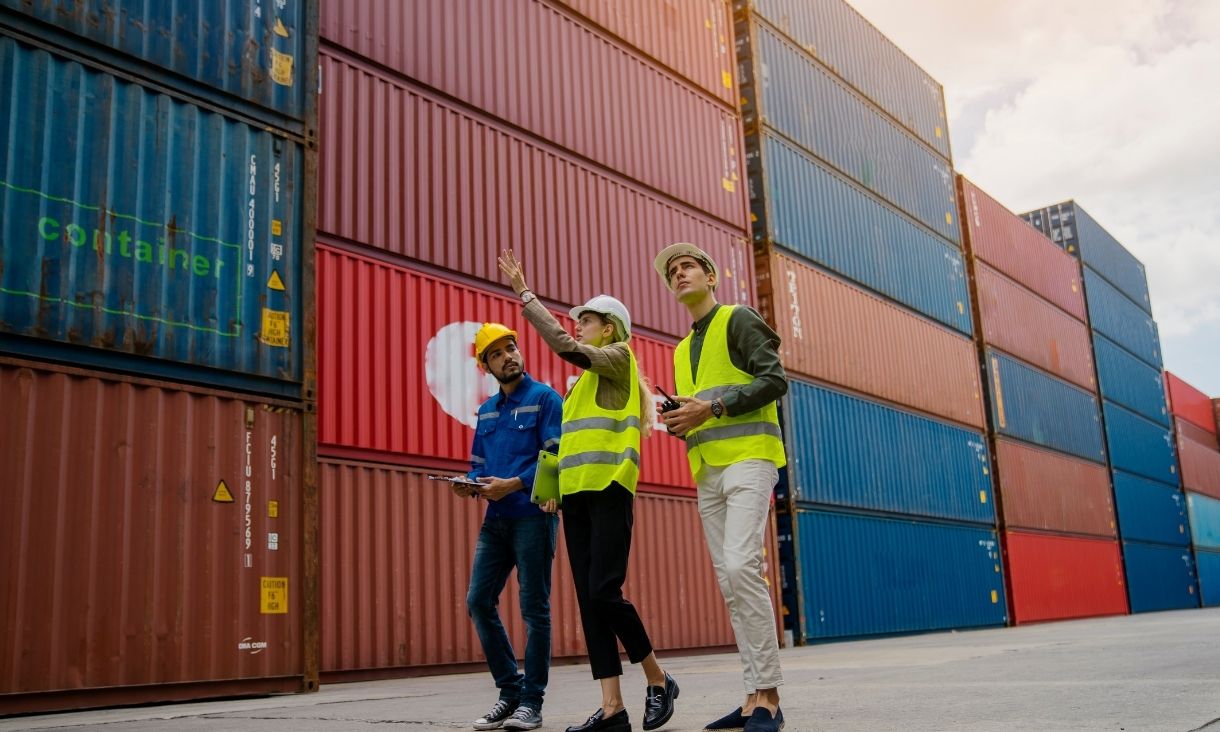Advancing the Vocational Education Collaboration between India and Australia
The Australia-India Skills Roundtable, facilitated by RMIT University in collaboration with the Confederation of Indian Industry (CII), has brought together key stakeholders from government, academia, and industry to explore the future of skilling and vocational education.
Students excel in global internship with NAB
A pilot internship exchange program has seen Bachelor of Business students travel internationally and gain valuable experience in technology and business at NAB.
Pioneering Marketing Technology major to bridge critical skills gap
RMIT has announced the launch of a groundbreaking Marketing Technology major, the first of its kind in the Asia-Pacific region and only the third globally.
Supply chain students upskill with industry-relevant, tech-focused courses
Emerging technologies such as machine learning, artificial intelligence, robotic automation and blockchain are presenting exciting new opportunities for the logistics and supply chain industry.








